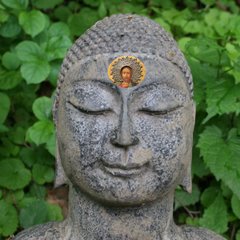 Yesterday one of my best friends wrote to me about sacrifice.
Yesterday one of my best friends wrote to me about sacrifice.He reminded me of how this word means "to make sacred." We more often conceive of it in terms of giving up. Either connotation seems fine to me.
One of the images that always occurs to me when I think of this idea isn't the one of Christ on the cross. It's Abraham, preparing to sacrifice his son to God, at God's command, and being willing to go through with it. Only at the last moment does God stay his hand.
The concept seems barbarian at first glance. How could any man do such a thing? It's only when we examine it as allegory that we see it means a man must be willing to go to extraordinary lengths- to give up what he holds most dear- in order to create a new possibility for himself.
In the sacred arrangement between biology and the cosmos, we all make the supreme sacrifice of our entire lives at the end of our lives. Every organism does this- it's an irrevocable part of the deal. It's pointless to fret about whether the deal is fair or unfair: it's just the deal.
In a very definite sense we are all nothing more than vessels designed to take in and hold the impressions life feeds us. In a way too mysterious to explain, these all become a kind of food for God when we die. The moment every organism reaches at the end of its natural life, where it gives up-surrenders- all of the impressions it has gathered into itself over the course of a lifetime, is literally the moment of truth.
This is the moment when everything that is true for that organism, from its birth to its death, becomes apparent as one whole, now irrevocable, Truth in that single, final moment of epiphany. The summary moment where the entire contents of the vessel is absolutely surrendered to the Will of God, to absolute truth, without any choice.
This is a tricky thing, to see that the purpose of life is all aimed at that one single moment. No one should want to meet it without being able to face one's entire life without shame. Of course this is very difficult- we probably all have many things to be ashamed of- but it is in the effort we made to overcome those shameful parts of ourselves that we may earn something respectable enough to carry us through the moment of death without despairing.
It would be nice, after all, to try and make sure we're not tipping a vessel with really crappy contents towards the infinite mouth of Truth.
Wouldn't it?
Traditional cultures seem to get this idea better than the modern ones. Tibetans, for example, have a strong tradition that all of life is merely a preparation for death. It's true, I think. Who wants to meet their last moment the wrong way? As Gurdjieff once said, we want to earn enough for ourselves in this life that we don't "die like a dog." That is, in a state of dependence and fear.
There is one other possibility available to us. That is to reach this moment of complete surrender before we die. If we are able to do that, we surrender what is God's to God- what belongs to Truth to Truth- by choice. This is the moment where, as Meister Eckhart describes it, the Will of God is born in man. The moment where he gives up everything that is his, that he "dies," so that something entirely new can enter him.
Of course this is theoretical for us. Of course it's idealized. Nonetheless, I think each of us can initiate a search deep within ourselves that takes us on a trek towards a moment when we might finally allow ourselves to let go of this egocentric, misunderstood life and find a better way. We can make our whole life sacred by surrendering it all, now, while we still live and breathe.
Abraham had tremendous courage. He was willing to go the distance. Most of us cling much too tightly to our life as it is to step over such an awesome and terrifying threshold.
The search for that moment goes on. If we absolutely have to go somewhere, I think it's better to try and get there on our own than it is to lie around waiting for someone to pick us up. After all, we don't want to be late for our own deaths.
As my busily, currently sacrificing friend always tells me, when he dies, he'll say to himself:
"Jeez, this is great! I should have done this years ago!"

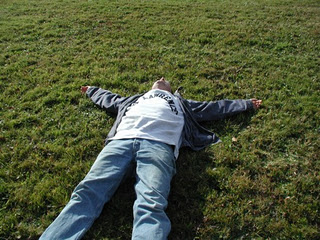
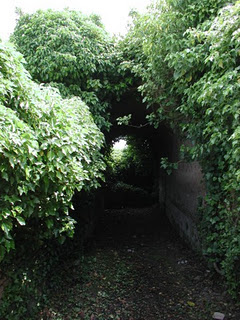
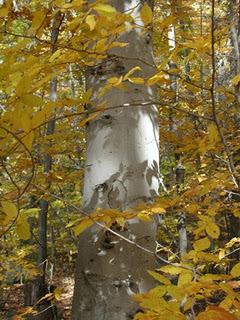
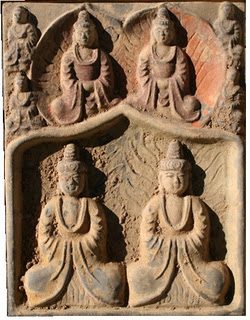
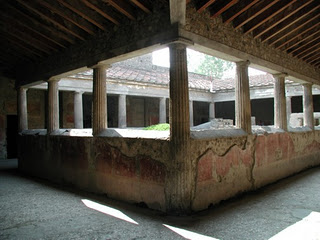

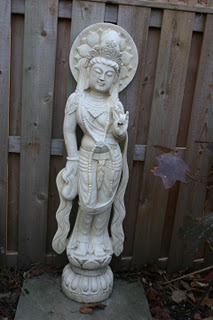
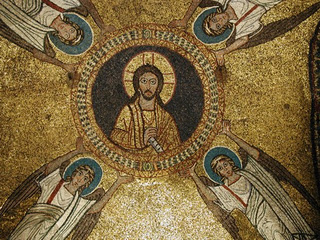
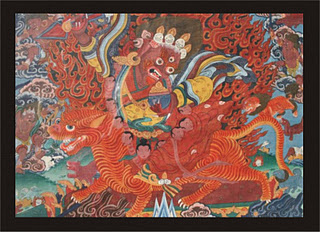
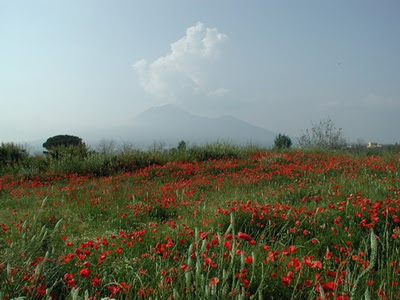






 Today's
picture is the andromeda galaxy. see the APOD web site for terrific
daily photos of the universe.
Today's
picture is the andromeda galaxy. see the APOD web site for terrific
daily photos of the universe.


